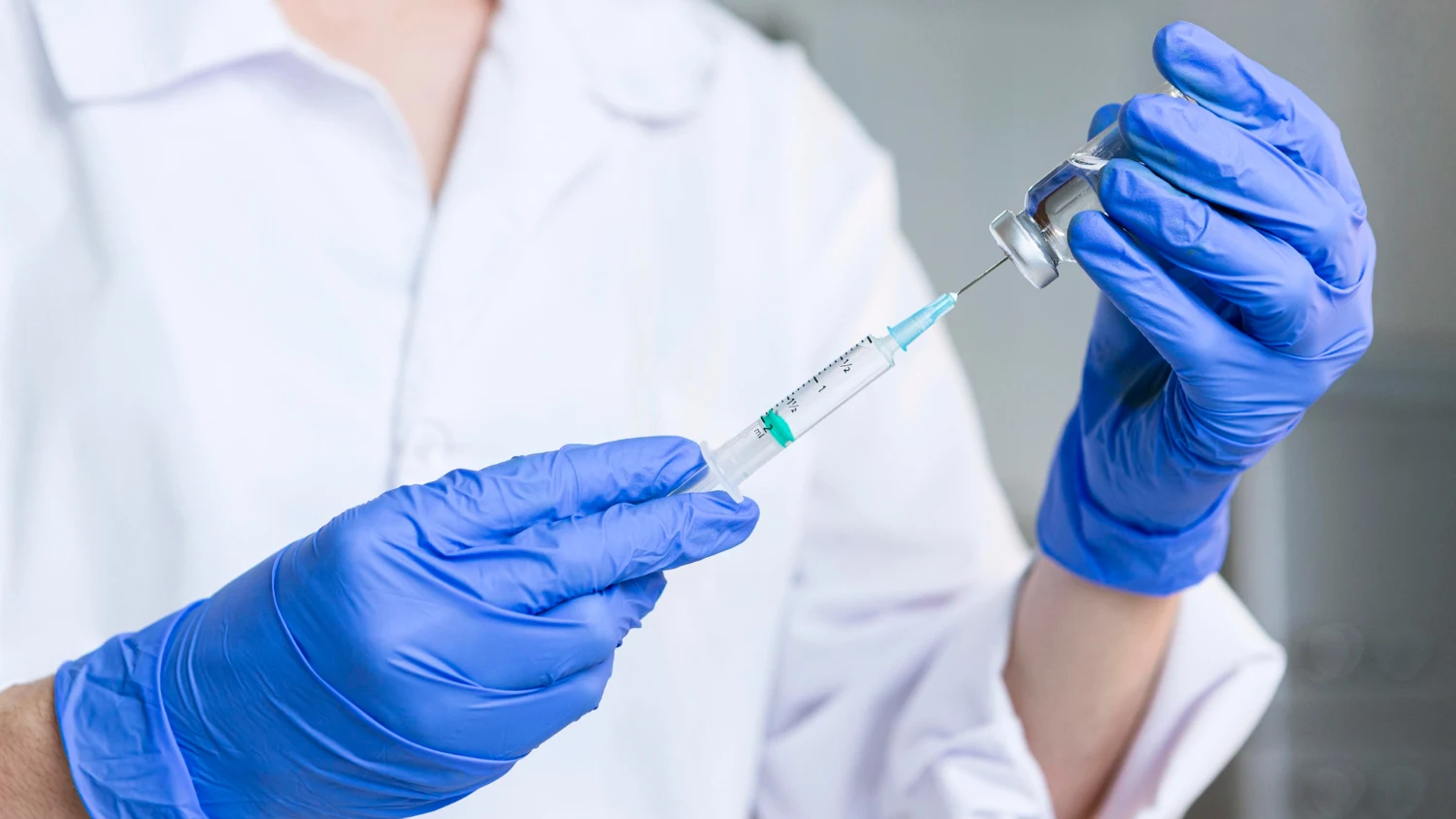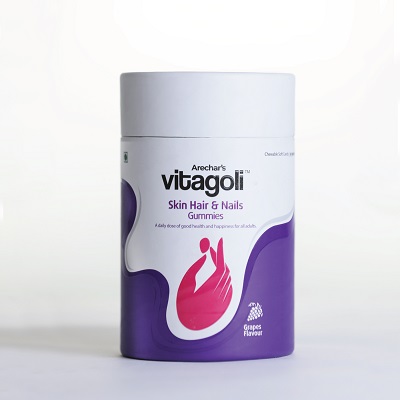As the world grapples with an ever-growing obesity crisis, innovative weight loss solutions continue to emerge. Among these, weight loss injections have gained popularity due to their potential to offer a quicker route to shedding excess pounds. Whether you’ve tried dieting and exercise without much success or are looking for a more targeted approach, weight loss injections may seem like a promising option. But are they truly effective? How do they work, and are they safe? In this article, we will explore different types of weight loss injections, their effectiveness, and the potential risks and benefits to help you make an informed decision.
What Are Weight Loss Injections?
Weight loss injections are injectable medications designed to assist individuals in losing weight. These injections typically target specific hormones, enzymes, or metabolic processes within the body to help reduce appetite, increase fat burning, or improve metabolism. While weight loss injections should not be used as a replacement for a healthy lifestyle, they can complement efforts such as exercise and a balanced diet, often making it easier for people to lose weight and maintain their progress.
These injections are commonly prescribed by doctors or healthcare providers who evaluate a patient’s medical history and weight loss goals. They may be offered as part of a weight loss program for individuals who are overweight, obese, or struggling with conditions that hinder their weight loss journey.

Common Types of Weight Loss Injections
Several types of weight loss injections are currently available. Let’s look at the most common and how they work.
1. GLP-1 Agonists (Semaglutide, Liraglutide)
GLP-1 agonists are among the most widely used medications for weight loss. GLP-1 (glucagon-like peptide-1) is a naturally occurring hormone in the body that helps regulate appetite, insulin secretion, and blood sugar levels. By mimicking the effects of GLP-1, these drugs help reduce hunger, increase satiety, and regulate blood sugar.
Semaglutide (known as Ozempic or Wegovy) and liraglutide (Saxenda) are the two most commonly prescribed GLP-1 agonists for weight loss. These drugs help users feel full for longer, making it easier to adhere to a calorie-restricted diet and ultimately lose weight.
Effectiveness: Research has shown that people using GLP-1 agonists can lose up to 15% of their body weight when combined with lifestyle changes such as diet and exercise. GLP-1 agonists have been particularly beneficial for individuals with Type 2 diabetes or insulin resistance, as they help regulate both blood sugar and appetite.
2. Lipotropic Injections
Lipotropic injections are a combination of vitamins, amino acids, and other nutrients that support fat metabolism. The key ingredients often include methionine, inositol, choline, and L-carnitine. These nutrients work together to help the liver break down fat and remove it from the body more effectively.
Lipotropic injections are often marketed as an energy booster and fat-burning aid. Although these injections don’t directly cause weight loss, they can help people increase their fat-burning capacity when used in combination with a healthy diet and regular exercise.
Effectiveness: Lipotropic injections are generally considered to have a modest effect on weight loss. Many people report increased energy levels, which can improve exercise performance and help individuals stay active. However, the weight loss achieved with lipotropic injections is often limited compared to other treatments.
3. HCG Injections
HCG (Human Chorionic Gonadotropin) is a hormone produced during pregnancy. In the context of weight loss, hCG injections are typically paired with a very low-calorie diet (VLCD) to help suppress appetite and promote fat burning. HCG is believed to encourage the body to burn fat rather than muscle for energy, preventing muscle loss during a calorie deficit.
Although hCG has been used in weight loss treatments for decades, it remains a controversial option. The FDA does not approve hCG for weight loss, and scientific evidence supporting its effectiveness is limited.
Effectiveness: While some individuals report initial weight loss with hCG injections, much of the weight lost can be attributed to the extreme calorie restriction, not the hormone itself. Moreover, weight loss achieved with hCG injections is often regained once the restrictive diet ends.
4. Vitamin B12 Injections
Vitamin B12 plays a crucial role in metabolism and energy production. A deficiency in B12 can lead to symptoms like fatigue, weakness, and a slow metabolism, which can hinder weight loss efforts. Vitamin B12 injections are often recommended to address deficiencies and improve energy levels.
While B12 injections do not directly cause weight loss, they can enhance overall metabolism, which may help individuals stay active and maintain a healthy weight.
Effectiveness: While the direct impact of vitamin B12 on weight loss is minimal, people who receive B12 injections often report increased energy levels, which can indirectly support a more active lifestyle and help with weight loss efforts.
How Weight Loss Injections Work
The mechanisms behind weight loss injections vary depending on the type of injection. The most common ways that injections work include:
- Appetite suppression: Many weight loss injections, like GLP-1 agonists, help control hunger and make individuals feel fuller for longer. This helps them consume fewer calories and stay on track with their weight loss goals.
- Fat metabolism enhancement: Lipotropic injections and B12 injections support fat metabolism, allowing the body to break down fat more effectively and use it for energy.
- Hormonal regulation: HCG injections, for instance, may target hormones that regulate fat storage and fat burning, although the long-term effectiveness and safety of this approach remain questionable.
- Energy boosting: Vitamin B12 injections improve overall energy levels, which may make it easier for people to exercise and burn more calories throughout the day.
When combined with a healthy diet and exercise, weight loss injections can help individuals achieve their weight loss goals faster and more effectively than relying on traditional methods alone.
Benefits of Weight Loss Injections
The potential benefits of weight loss injections can be significant for people who struggle with losing weight. Some of the main advantages include:
- Increased appetite control: Many weight loss injections help reduce hunger, making it easier for individuals to stick to a calorie deficit.
- Faster weight loss: Some injections, especially GLP-1 agonists, can lead to faster weight loss, which can motivate individuals to stay committed to their goals.
- Improved energy: Vitamin B12 injections can boost energy levels, helping individuals stay active and motivated to exercise.
- Sustainable weight loss: With GLP-1 agonists, weight loss can be maintained over time, making them a long-term solution for individuals looking to manage their weight.
Potential Risks and Side Effects
While weight loss injections offer many benefits, they are not without risks. The side effects associated with these injections can range from mild to severe, depending on the type of injection. Some of the most common side effects include:
- Digestive issues: Nausea, vomiting, and diarrhea are common side effects, especially with GLP-1 agonists.
- Fatigue: Some people experience tiredness or fatigue when they first start using weight loss injections.
- Injection site reactions: Pain, redness, or swelling at the injection site is a common side effect for all types of injectable medications.
- Serious complications: In rare cases, weight loss injections can lead to more serious side effects such as pancreatitis, thyroid issues, or heart problems.
It is important to consult a healthcare provider before starting any weight loss injection treatment to ensure that it is appropriate for your individual health needs and circumstances.
Conclusion
Weight loss injections offer an alternative approach for individuals looking to lose weight, particularly those who have struggled with traditional methods. While these injections can help accelerate weight loss, they should always be used in conjunction with healthy eating and regular exercise. The key to success is using weight loss injections as part of a comprehensive weight management plan, guided by healthcare professionals.
Before opting for any weight loss injection, it’s essential to understand the various types, their benefits, and potential side effects. Consulting with a medical provider will help you make an informed decision and ensure that the treatment you choose aligns with your long-term health and wellness goals.




